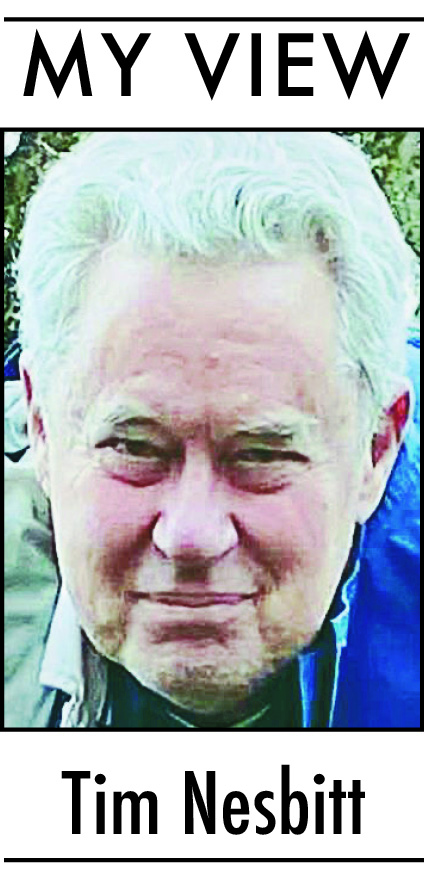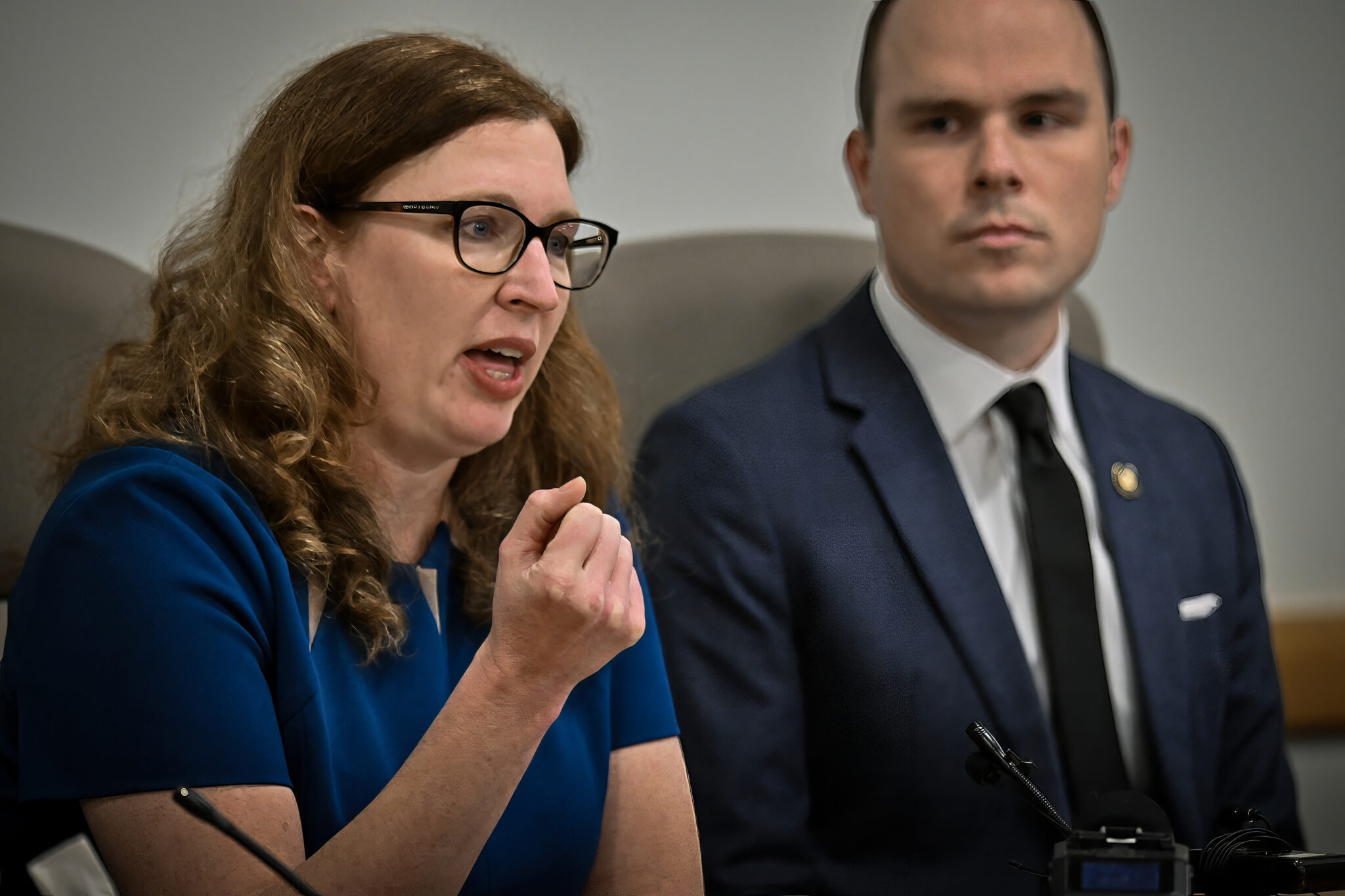OPINION | Will lawmakers renege on their deal for campaign finance reform?
Published 2:48 pm Friday, June 27, 2025
Deal-making is a celebrated art in the legislative process. But deal-breaking, that’s a dark art that taints the very integrity of that process, as when, after a deal is done and sealed in legislation, lawmakers take it back, using self-serving excuses to mask their cynical use of legislative power.
We don’t see that very often in Salem, but we’re seeing it now in a last-minute attempt by some Oregon lawmakers to postpone reforms, approved by the Legislature just last year, that would limit the role of big money in our elections.
This week, on the 155th day of Oregon’s 160-day legislative session, the House Rules Committee unveiled a proposal to delay implementation of already enacted political campaign contribution limits from 2027 to 2031. The committee did so with suspiciously little public notice, advancing the flimsiest of arguments and a self-created “we don’t have enough time” excuse for not following through with their own legislation.
It takes a special kind of arrogance to even attempt to renege on a deal of this kind, which lawmakers negotiated to forestall a citizen initiative from going to the ballot last November. They got what they wanted then; it’s time to keep their side of the bargain.
Here’s how the deal to end what I characterized at the time as “Oregon’s 30 years’ war” over campaign finance reform finally came together during last year’s legislative session.
After many false starts, courtroom battles and legislative dead ends, sponsors of an initiative to limit the role of big money in electoral campaigns finally had the signatures they needed to take their reform to the voters. Their proposal was well-designed to pass legal muster, so the old tactic of tying reformers up in legal battles wasn’t going to work this time. What’s more, public surveys showed strong voter support for campaign finance reform and low levels of confidence in the Legislature and its major parties.
As a result, legislative leaders and major funders of both parties decided it was time to seek a compromise. As one business lobbyist told Oregon Public Broadcasting, “We’re responding to a reality where campaign finance reform is coming. The days of the current system are over.”
The negotiations that followed were simple enough. The win-win solution was easy to find. Lawmakers offered to enact less contribution stringent with a three-year timeline for implementation. In exchange, sponsors of the initiative agreed not to proceed to the ballot.
That’s what is called the art of the deal. The implementing legislation passed with bipartisan support: 52-5 in the House and 22-6 in the Senate.
Both legislators and reformers celebrated the deal. A signing ceremony followed in the governor’s office. And Oregon was ready to join 45 other states that have, to a greater or lesser extent, limited the reach of big money in their elections.
Unless legislators can now get away with backing out of their deal.
To renege on that deal now would have pernicious consequences well beyond the effects of allowing unlimited campaign contributions to continue into the next decade or beyond.
One consequence, obviously, would be a further erosion of trust in government, as opponents pointed out in their testimony at a committee hearing on Wednesday. It will be hard to believe that the governor and the Legislature were serious about the deal they celebrated last year when they have done little to implement it since. If the remaining timeline is tight, they made it so, and it’s up to them now to redouble their efforts to keep their side of the bargain.
Otherwise, reformers will be forced to beg for their reform to be enacted by future legislatures whose members will be only too happy to distance themselves from a deal they had nothing to do with.
And then there are the self-serving excuses we’re hearing from the deal breakers, signifying nothing if not governmental incompetence, excused yet again by blaming the need to reprogram old computer systems. Secretary of State Tobias Read appears to be overwhelmed by the need to create a new system for tracking campaign contributions. But we have a workable system of publicizing contributions now. Does he mean that the existing system can’t accommodate smaller numbers?
Finally, there’s the issue of good faith. My old colleagues In the Service Employees International Union (SEIU) Local 503 are endorsing the delay. But I have to think that if a deal they negotiated was treated this way by one of their employers they’d be up in arms about an unfair labor practice. By that standard, wouldn’t lawmakers be guilty of an unfair legislative practice for dragging their feet on implementing an agreement and then delaying its start by another four years?
At this writing, the committee hasn’t yet taken a vote to advance this proposal to the full House and Senate. I can only hope lawmakers realize that good faith and good government go hand in hand – for the sake of their own institution and out of respect for the opinion of all Oregonians who want to curtail the role of big money in our elections and thought they had a good faith agreement to do so.
Tim Nesbitt, a former union leader in Oregon, served as an adviser to Governors Ted Kulongoski and John Kitzhaber and later helped to design Measure 98 in 2016, which provided extra, targeted funding for Oregon’s high schools.






